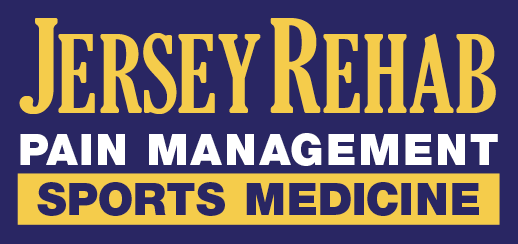Its Heart Month: 5 Tips on Managing your Diet and Exercise to Keep a Healthy Heart
Most people know that February is American Heart Month, but have you given thought to how healthy your heart actually is? While we should think about our hearts every day, many of us take it for granted. It’s never too early or too late to start caring about a disease that causes one out of every four American deaths.
Below are five tips to help you manage your diet and exercise and keep a healthy heart.
1. Add more heart-healthy foods to your diet
No matter your age or your health, everyone can benefit from eating a heart-healthy diet. Your diet plays a key role in managing blood pressure, cholesterol, and weight. Incorporate more healthy ingredients into your meals and watch your portion sizes. Some of the best foods for your heart include:
- Whole grains
- Beans
- Fish
- Nuts
- Tomatoes
- Bananas
2. Keep stress levels in check
When you are under stress, your body produces more cortisol and adrenaline. These hormones make your heart work harder because it thinks it’s preparing for fight or flight mode. Managing stress leads to a healthier heart and lower blood pressure. Find ways to manage stressful situations such as exercise, talking to a therapist, or practicing deep breathing.
3. Discover ways to be more active throughout your day
The wonderful thing about exercise is that it’s good for the heart and it reduces stress levels! Find ways to be active, even if it’s simply taking the dog for a walk around the block or playing soccer in the yard with the kids. Slowly as you become used to being active it is important to increase your goals. Join a spinning class. Take yoga with a friend. Go on a weekend hiking adventure. The more exercise you get, the healthier your heart will be.
4. Manage chronic pain
Chronic pain and heart health are interrelated. When you have a chronic pain condition, it’s harder to exercise and eat the right foods, which ultimately increases your risk for heart disease. Plus, it’s possible that your medications can affect the organs. A pain management specialist can help manage your symptoms and decrease the need for certain medications. By getting your pain under control, you’ll be more likely to enjoy physical activity and prefer heart-healthy meals.
5. Practice good dental hygiene
Another overlooked habit is good dental hygiene. Those who have gum disease tend to have the same risk factors for heart disease. Visit your dentist regularly to keep an eye on these symptoms and what they may mean for your health. Eating the right foods will also keep your teeth healthy, as foods with natural sugars are better than sweetened and processed foods.
There is no better gift you can give to yourself than taking care of your heart. You only get one – so treat it well.
If you are struggling with a pain condition, contact Jersey Rehab Pain Management. We have four convenient locations to choose from and highly qualified pain management doctors.

